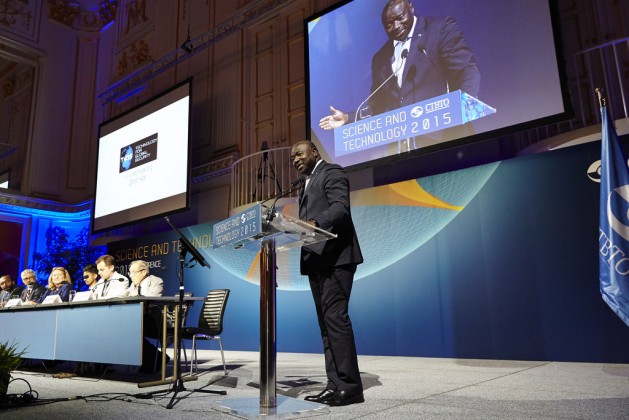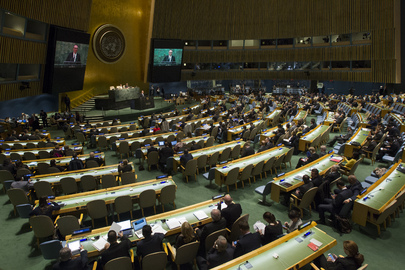By Krishan Dutt | IDN-InDepthNews Report
PARIS (IDN) – The 34-nation Organisation for Economic Co-operation and Development (OECD) faults rich and emerging countries of the bloc for lack of a national strategy on protecting online privacy or funding research in this area. This, it says in a new report, tends to be viewed as a matter for law enforcement authorities to handle.
The report titled OECD Digital Economy Outlook 2015 however notes that Information and Communication Technologies (ICT) are transforming the ways social interactions and personal relationships are conducted, with fixed, mobile and broadcast networks converging, and devices and objects increasingly connected to form the Internet of Things (IoT).









